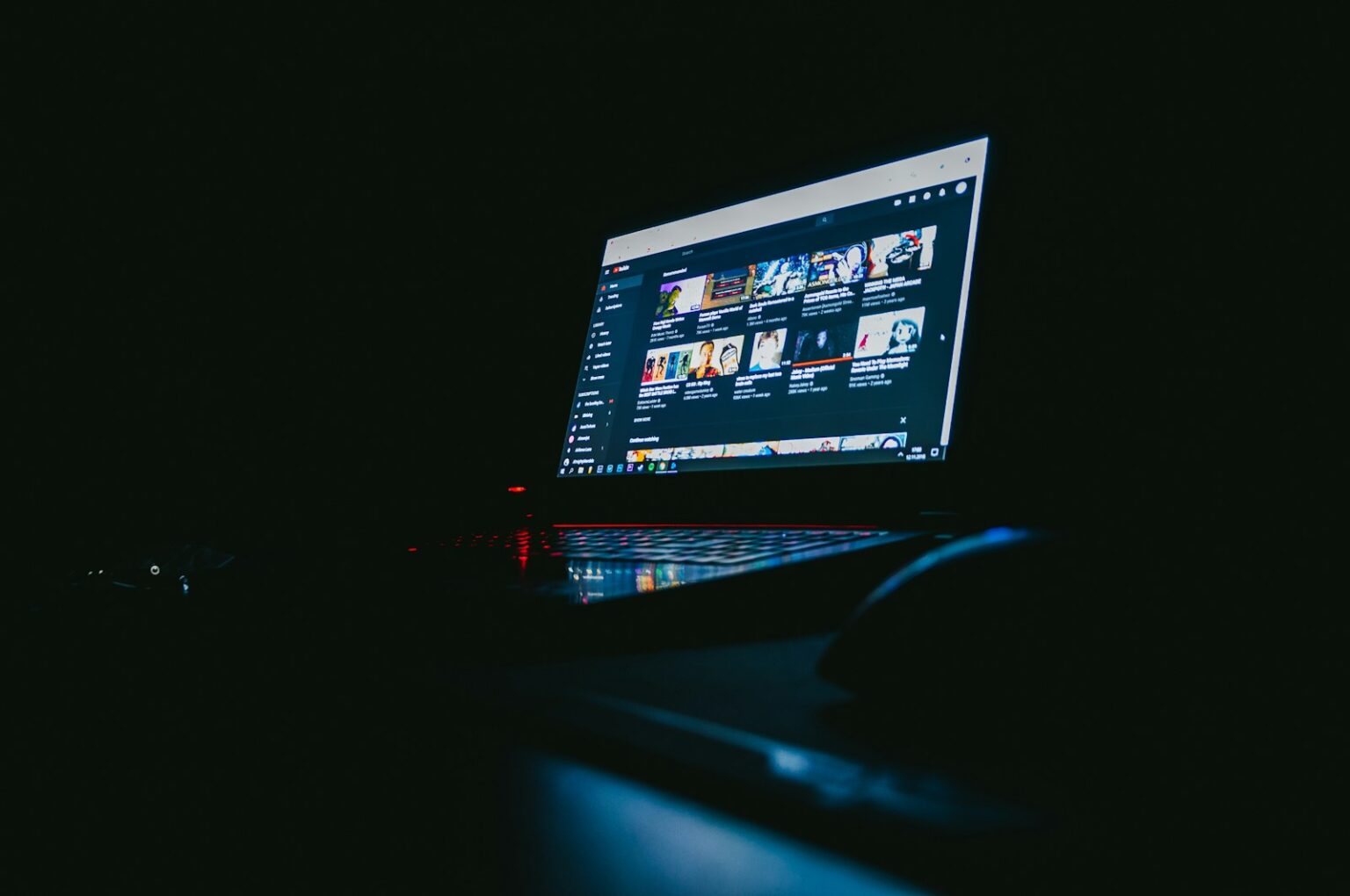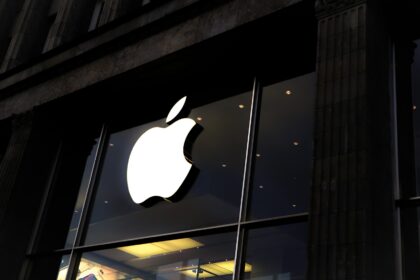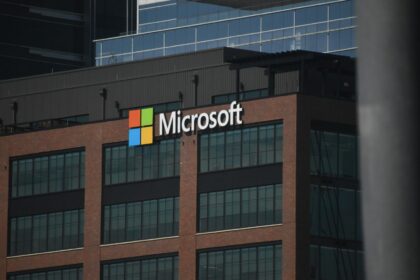YouTube is bringing back creators who were banned for sharing COVID-19 and election content. The platform announced this week that it will restore channels that were permanently removed under old misinformation policies. This marks a huge shift for the video giant, which once took the hardest stance on pandemic and political content.
YouTube’s parent company Alphabet made this announcement in a letter to Republican Congressman Jim Jordan. The letter was a response to ongoing investigations into whether the Biden administration pressured tech companies to censor content.
The Big Change In Policy
YouTube will now allow creators to apply for reinstatement if their channels were terminated for repeated violations of COVID-19 and election integrity policies. These are policies that YouTube no longer enforces.
The platform had previously treated these violations as permanent bans. Now, creators will get a second chance through what YouTube calls a “limited pilot program.”
Daniel Donovan, Alphabet’s lawyer, wrote the letter explaining the changes. He said “YouTube’s Community Guidelines now allow for a wider range of content regarding COVID and election integrity.”
The letter also stated that “YouTube will provide an opportunity for all creators to rejoin the platform if the Company terminated their channels for repeated violations of COVID-19 and elections integrity policies that are no longer in effect.”
Who Gets Their Channels Back?
Several high-profile conservative figures could return to YouTube under this new policy. These include:
- Dan Bongino – now Deputy Director of the FBI
- Steve Bannon – former White House strategist and podcast host
- Robert F. Kennedy Jr. – current Health and Human Services Secretary
- Sebastian Gorka – White House counterterrorism chief
YouTube hasn’t confirmed which specific creators will be restored. The company said the reinstatement process will be available to “a subset of creators” whose channels were removed under outdated policies.
YouTube Values Conservative Voices
The letter from Alphabet emphasized YouTube’s appreciation for conservative content creators. “YouTube values conservative voices on its platform and recognizes that these creators have extensive reach and play an important role in civic discourse,” the letter stated.
The company also noted that these creators are “among those shaping today’s online consumption, landing ‘must-watch’ interviews, giving viewers the chance to hear directly from politicians, celebrities, business leaders, and more.”
Biden Administration Pressure Claims
YouTube’s letter made serious accusations against the Biden administration. The company claimed that senior Biden officials pressured them to remove COVID-related content that didn’t actually violate YouTube’s policies.
“Senior Biden Administration officials, including White House officials, conducted repeated and sustained outreach to Alphabet and pressed the Company regarding certain user-generated content related to the COVID-19 pandemic that did not violate its policies,” the letter stated.
YouTube called this pressure “unacceptable and wrong.” The company said it has “consistently fought against those efforts on First Amendment grounds.”
Timeline Of Policy Changes
YouTube has been gradually relaxing its content moderation policies over the past few years:
- 2023: YouTube removed its ban on content claiming the 2020 election was affected by widespread fraud
- December 2024: YouTube ended its standalone COVID-19 misinformation policy
- September 2025: YouTube announces channel reinstatement program
How The Reinstatement Works
The restoration process will not be automatic. YouTube announced on social media platform X that “This will be a limited pilot project that will be available to a subset of creators in addition to those channels terminated for policies that have been deprecated.”
YouTube hasn’t provided specific details about:
- Which creators will be eligible
- When the program will officially start
- Whether restored channels will be eligible for monetization
Political Background
This decision comes after months of Republican pressure on tech companies. House Judiciary Committee Chairman Jim Jordan has been investigating whether the Biden administration forced tech platforms to censor lawful speech.
In March, Jordan subpoenaed Alphabet CEO Sundar Pichai, accusing YouTube of being a “direct participant in the federal government’s censorship regime.”
The reinstatement announcement is part of a broader trend. Other tech companies like Meta and X have also loosened their content moderation policies under pressure from conservative groups.
What This Means For Content Creators
For creators who make money from YouTube, this change could be significant. Access to YouTube’s monetization program can generate substantial income through advertising revenue.
Many banned creators had to move to alternative platforms after their YouTube removals. Their potential return could reshape YouTube’s content landscape and bring back large audiences.
YouTube emphasized its commitment to free expression in the letter. “No matter the political atmosphere, YouTube will continue to enable free expression on its platform, particularly as it relates to issues subject to political debate,” the company stated.
No More Fact-Checkers
YouTube also announced it will not use third-party fact-checkers to moderate content. Instead, the platform will rely on information panels that provide additional context to viewers.
This approach mirrors changes at other platforms. Meta and X have also moved away from traditional fact-checking models toward community-driven context systems.
Industry-Wide Shift
YouTube’s policy reversal reflects a broader change across Silicon Valley. Tech companies have been rolling back content moderation policies that were implemented during the pandemic and after the 2020 election.
This shift has accelerated since the current administration took office, with companies facing increased pressure from conservative lawmakers and groups who argue that previous policies unfairly silenced right-wing voices.
What Happens Next
YouTube said the reinstatement program will begin “soon” but hasn’t provided an exact timeline. The company will likely provide more details about eligibility requirements and the application process in the coming weeks.
This change represents one of the biggest content policy reversals in YouTube’s history. It could signal a new era for political content on the platform, with more lenient rules for creators discussing controversial topics.
The move also demonstrates how political pressure can influence tech company policies. YouTube’s acknowledgment of Biden administration pressure and its decision to restore banned channels shows the ongoing battle over free speech and content moderation on social media platforms.
























